WORKS 2025
20th Workshop on Workflows in Support of Large-Scale Science
November 17
St. Louis, MO, USA
In conjunction with
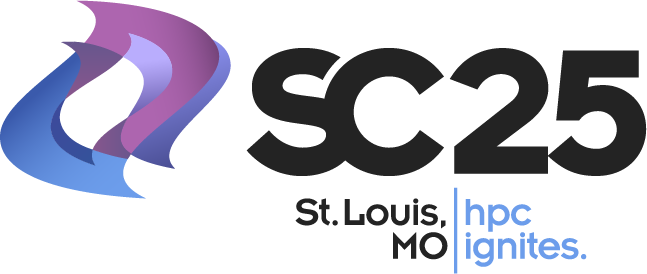
Proceedings by
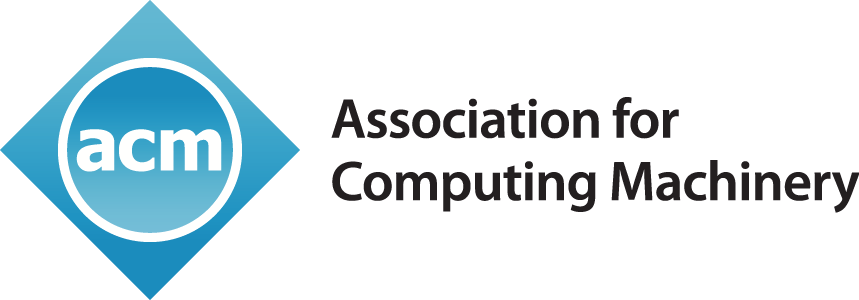
WORKS 2025 focuses on the many facets of scientific workflow composition, management, sustainability, and application to domain sciences in an increasingly diverse landscape. WORKS aims to serve as the central meeting point for all the stakeholders involved in the evolving workflows community, and to showcase the latest developments and emerging approaches in the field.
The workshop covers a broad range of topics in the scientific workflow lifecycle that include: reproducible research with workflows; workflow execution in distributed and heterogeneous environments; application of AI/ML in workflow management; workflow provenance; serverless workflows; exascale computing with workflows; stream-processing, interactive, adaptive and data-driven workflows; workflow scheduling and resource management; workflow fault-tolerance, debugging, performance analysis/modeling; big data and AI workflows; workflows integrating emerging computing, storage and networking technologies; etc.
WORKS'25 will be held in conjunction with the International Conference for High Performance Computing, Networking, Storage, and Analysis (SC25) at the America's Center Convention Complex in downtown St. Louis, Missouri (USA).
Workshop Program (Monday 17, 9am to 5:30pm, Room 264)
| Time | Event | |
|---|---|---|
| 9:00am-9:01am | 20th Workshop on Workflows in Support of Large-Scale Science (WORKS25)
Silvina Caino-Lores, Anirban Mandal |
|
| 9:01am-9:06am | Welcome
Anirban Mandal |
Slides |
| 9:06am-9:24am |
Paper:
RESILIO : A Scalable and Composable Architecture for Tomographic Reconstruction Workflows
Gueroudji, Dorier, Carns, Patel, Bicer, Latham, Ross, Chard, Foster |
|
| 9:24am-9:42am |
Paper:
A Workflow for Error Analysis for Drug Response Prediction via Statistical Standardization and Distribution Analysis
Gwinn, Wozniak, Jain, Zhu, Partin, Brettin, Stevens |
Slides |
| 9:42am-10:00am |
Paper:
Integrating and Characterizing HPC Task Runtime Systems for hybrid AI-HPC workloads
Merzky, Titov, Turilli, Jha |
|
| 10:00am-10:30am | Morning Break | |
| 10:30am-11:18am | Distinguished Talk: The Evolution of Automation in Science — The Pegasus Perspective
Ewa Deelman |
|
| 11:18am-11:36am |
Paper:
CAMEO: A Co-design Architecture for Multi-objective Energy System Optimization
Meyur, Donald, Martin, Ramachandran, Purohit |
Slides |
| 11:36am-11:54am |
Paper:
Adapting Classic Scheduling Heuristics for Online Execution under Uncertainty
Chamorro, Twigg-Ho, Coleman, Coleman, Krishnamachari, Khodabandehlou |
Slides |
| 11:54am-12:12am |
Paper:
State Machine Orchestration of an HPC Workflow in Cloud
Sochat, Pottier, Milroy |
Slides |
| 12:12am-12:30am |
Paper:
Bridging Speed and Optimality in Job Scheduling: A Hybrid Ant Colony Optimization Approach for Distributed Systems
Jin, Zuk, Raghavan, Jadhav, Hamade, Deelman, Balaprakash |
|
| 12:30pm-2:00pm | Lunch | |
| 2:00pm-2:03pm |
Panel Lightning Talk:
Agentic AI for Simulations Workflows
Elisseev, Firth, Edwards, Tanaka, Suriyakumaran, Shkurti, Chachara, Esposito |
Slides |
| 2:03pm-2:06pm |
Panel Lightning Talk:
Advancing Search and Automated Workflows for Light-Source Data: Progress, Challenges, and Future Outlook
Amusat, Kaur, Giannakou, Ramakrishnan |
Slides |
| 2:06pm-2:09pm |
Panel Lightning Talk:
Concurrency Patterns and Primitives in Modern AI/ML Scientific Applications
Collier, Gueroudji, Hategan-Marandiuc, Ozik, Wozniak |
Slides |
| 2:09pm-2:12pm |
Guest Panelist:
Beyond DAGs: Adaptive Streaming Workflows & AI-Driven Workflow Design
Filgueira |
Slides |
| 2:12pm-2:15pm |
Guest Panelist
Research Without Borders: Bridging the Knowledge Gap
Coleman |
Slides |
| 2:15pm-3:00pm | Panel Discussion: Navigating the Future of Scientific Workflows | |
| 3:00pm-3:30pm | Afternoon Break | |
| 3:30pm-3:48pm |
Paper:
Overcoming Dynamic I/O Boundaries: a Double-Sided Streaming Methodology with dispel4py and CAPIO
Santimaria, Filgueira, Medić, Colonnelli, Aldinucci |
Slides |
| 3:48pm-4:06pm |
Paper:
DagOnStore: Reliable Data Management for Workflows on the Computing Continuum with DynoStore and DAGonStar
Sanchez-Gallegos, Gonzalez-Compean, Carretero, Montella |
|
| 4:06pm-4:24pm |
Paper:
LLM Agents for Interactive Workflow Provenance: Reference Architecture and Evaluation Methodology
Souza, Poteet, Etz, Rosendo, Gueroudji, Shin, Balaprakash, Ferreira da Silva |
|
| 4:24pm-4:42pm |
Paper:
Do Large Language Models Speak Scientific Workflows?
Yildiz, Peterka |
|
| 4:42pm-5:00pm |
Paper:
Evaluating the Efficacy of LLM-Based Reasoning for Multiobjective HPC Job Scheduling
Jadhav, Jin, Deelman, Balaprakash |
|
| 5:00pm-5:18pm |
Distinguished Paper:
The (R)evolution of Scientific Workflows in the Agentic AI Era: Towards Autonomous Science
Shin, Souza, Rosendo, Suter, Wang, Balaprakash, Ferreira da Silva |
|
| 5:18pm-5:30pm | Conclusion
Silvina Caino-Lores |
Slides |
Distinguished Speaker
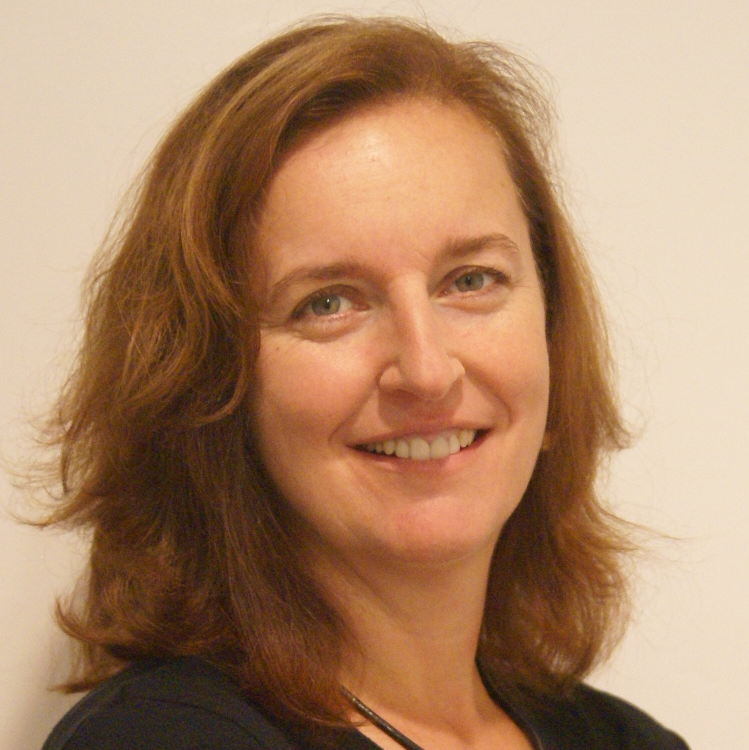
Ewa Deelman
USC Information Sciences Institute, USA
The Evolution of Automation in Science — The Pegasus Perspective
Over the past two decades, the scientific workflow community has transformed how science is conducted at scale — moving from manual scripting and ad hoc data movement to automated, intelligent systems that enable reproducible, data-driven discovery. Since its founding in 2006, the WORKS workshop has chronicled this evolution, documenting the shift from early grid-enabled workflows to today’s AI-augmented, self-optimizing systems.
This keynote reflects on that journey through the lens of the Pegasus Workflow Management System, one of the earliest and most enduring platforms for scientific automation. It traces how core computer science principles—abstraction, optimization, provenance, and adaptability—have guided Pegasus’s evolution from workflow planning for distributed systems to orchestrating AI-driven, agentic, and self-managing workflows. The talk will conclude with a look toward the future of science automation, where hybrid physical and cyber infrastructures work together to advance knowledge and discovery.
Ewa Deelman's main area of research is distributed computing. She researches how to best support complex scientific applications on a variety of computational environments, including campus clusters, grids, and clouds. She has designed new algorithms for job scheduling, resource provisioning, and data storage optimization in the context of scientific workflows. Since 2000, she has been conducting research in scientific workflows and has been leading the design and development of the Pegasus software that maps complex application workflows onto distributed resources. Pegasus is used by a broad community of researchers in astronomy, bioinformatics, earthquake science, gravitational-wave physics, limnology, and others. Ewa Deelman is also the Principal Investigator for the CI Compass, the NSF Cyberinfrastructure Center of Excellence, which provides leadership, expertise, and active support to cyberinfrastructure practitioners at NSF Major Facilities and throughout the research ecosystem in order to enable ongoing evolution of technologies, practices, and our field, ensuring the integrity and effectiveness of the cyberinfrastructure upon which research and discovery depend. In addition, she is interested in issues of distributed data management, high-level application monitoring, and resource provisioning in grids and clouds.
Important Dates
-
Papers and Abstracts Submission:
August 1, 2025August 8, 2025 (final extension) - Paper and Abstract Acceptance Notifications: September 5, 2025
- Camera-ready Submissions: September 26, 2025
- Workshop: November 17, 2025
All deadlines are Anywhere on Earth (AoE).
Call for Papers
Scientific workflows have underpinned some of the most significant discoveries of the past several decades. Workflow management systems (WMSs) provide abstraction and automation that enable researchers to easily define sophisticated computational processes, and to then execute them efficiently on parallel and distributed computing systems. As workflows have been adopted by multiple scientific communities, they are becoming more complex and require more sophisticated workflow management capabilities. A workflow can now analyze terabyte-scale data sets; execute millions of individual tasks; coordinate heterogeneous resources and tasks from edge to core; and process near real-time data streams, files, and data placed in different types of storage systems. The computations can be single core workloads, loosely-coupled tasks, or tightly-coupled computations, and can run in heterogeneous distributed computing platforms all within a single workflow.
The Workshop on Workflows in Support of Large-Scale Science (WORKS) focuses on the many facets of scientific workflow composition, management, sustainability, and application to domain sciences in an increasingly diverse and a rapidly evolving technology landscape. WORKS aims to serve as the central meeting point for all the stakeholders involved in the evolving workflows community, and to showcase the latest developments and emerging approaches in the field.
WORKS25 will be held in conjunction with the International Conference for High Performance Computing, Networking, Storage, and Analysis (SC25) at the America’s Center Convention Complex in downtown St. Louis, Missouri (USA).
Topics for the workshop
WORKS25 welcomes original submissions in a broad range of topics in the scientific workflow lifecycle, including but not limited to:
- Workflow user environments, portals, and advanced AI-augmented front-end workflow tools
- Data-driven workflow processing (including stream processing workflows)
- Interactive, adaptive, and dynamic workflows (including workflow steering)
- Workflow execution in distributed and heterogeneous environments (HPC, clouds, edge, networks, and AI infrastructures)
- Agentic workflows
- End-to-end workflows - from instruments to networks to cross-facility enactment
- Serverless workflows and serverless orchestration
- Workflows integrating emerging computing, storage and networking technologies (e.g., quantum, DNA)
- Workflow modeling
- Workflow composition languages and orchestrators
- Workflow scheduling and resource management (including energy efficiency and cost)
- Application of AI/ML to workflow management
- Performance analysis and debugging of workflows
- Workflow provenance
- Workflow fault-tolerance and recovery techniques
- Workflows and autonomous, self-driving labs
- Interdisciplinary workflow applications
- Workflow applications and their requirements
- Reproducible research using workflows
- Exascale computing with workflows
- Big Data analytics workflows, AI workflows
There will be two forms of presentations:
- Paper presentations - Resulting from the submission of Full papers (up to 12 pages) describing a novel research contribution in the topics listed above.
- Panel discussions - Resulting from the submission of Abstracts (up to 4 pages) - To celebrate the 20th edition of the workshop, we encourage abstract submissions from early career researchers with ground-breaking ideas, and established researchers with vast experience. The purpose of the contributed panel is to support the discussion of emerging ideas in contrast with previously successful approaches.
Full Papers will undergo a thorough, single blind review process. Each full paper will receive at least three reviews from experts in our Workshop Program Committee. Each full paper will be presented at the workshop, and be included in the SC Workshop Proceedings. Our committee will value efforts towards improving the reproducibility and transparency of the presented research. We encourage full paper submissions to include information about relevant software and data artifacts within the paper. Authors are also encouraged to make available online any products of their paper (e.g., simulators, graphs, experimental results, logs, etc.). However, dedicated Artifact Description (AD)/Artifact Evaluation (AE) appendices are not expected as part of the submission.
Abstracts will undergo a thorough, single blind review process and each will receive at least three reviews from experts in our Workshop Program Committee. Based on the content of the accepted abstracts, the Workshop Chairs will organize a Panel discussion during the workshop centered around the topic of “Trailblazing vs. Time-Tested: Navigating the Future of Scientific Workflows”. One author from each accepted abstract will participate in the panel discussion. Accepted abstracts will not be included in the SC Workshop Proceedings. Unlike some of the previous editions of WORKS, abstracts will not be compiled into a full paper.
Proceedings Publication
Accepted full papers from the workshop will be published in the SC Workshops Proceedings volume, and made available online through the ACM Digital Library.
Paper Submission Guidelines
- Full papers: Submissions are limited to 12 pages.
- Abstracts: Submissions are limited to 4 pages.
The format of the paper submissions for Full Papers and Abstracts should be two-column text in the U.S. Letter pages, as per ACM conference proceedings guidelines. All submissions must use the ACM conference proceedings templates available from this link. Latex users, please use the “sigconf” option. Word authors, please use the “Interim Layout”. Page limits include all figures, tables, references, and appendices.
Both Abstracts and Full Papers must be submitted through the official SC25 submission site
Submit Your Abstract or PaperOrganization
General Chairs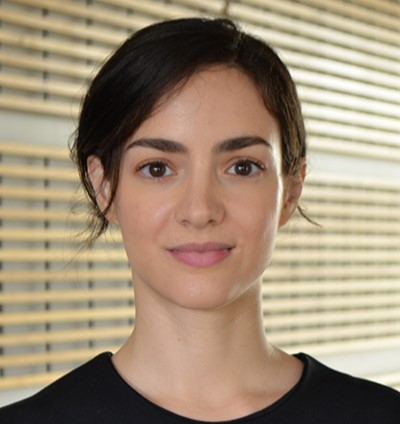
Silvina Caino-Lores
French Institute for Research in Computer Science and Automation (INRIA), France

Anirban Mandal
Renaissance Computing Institute (RENCI), UNC Chapel Hill, USA
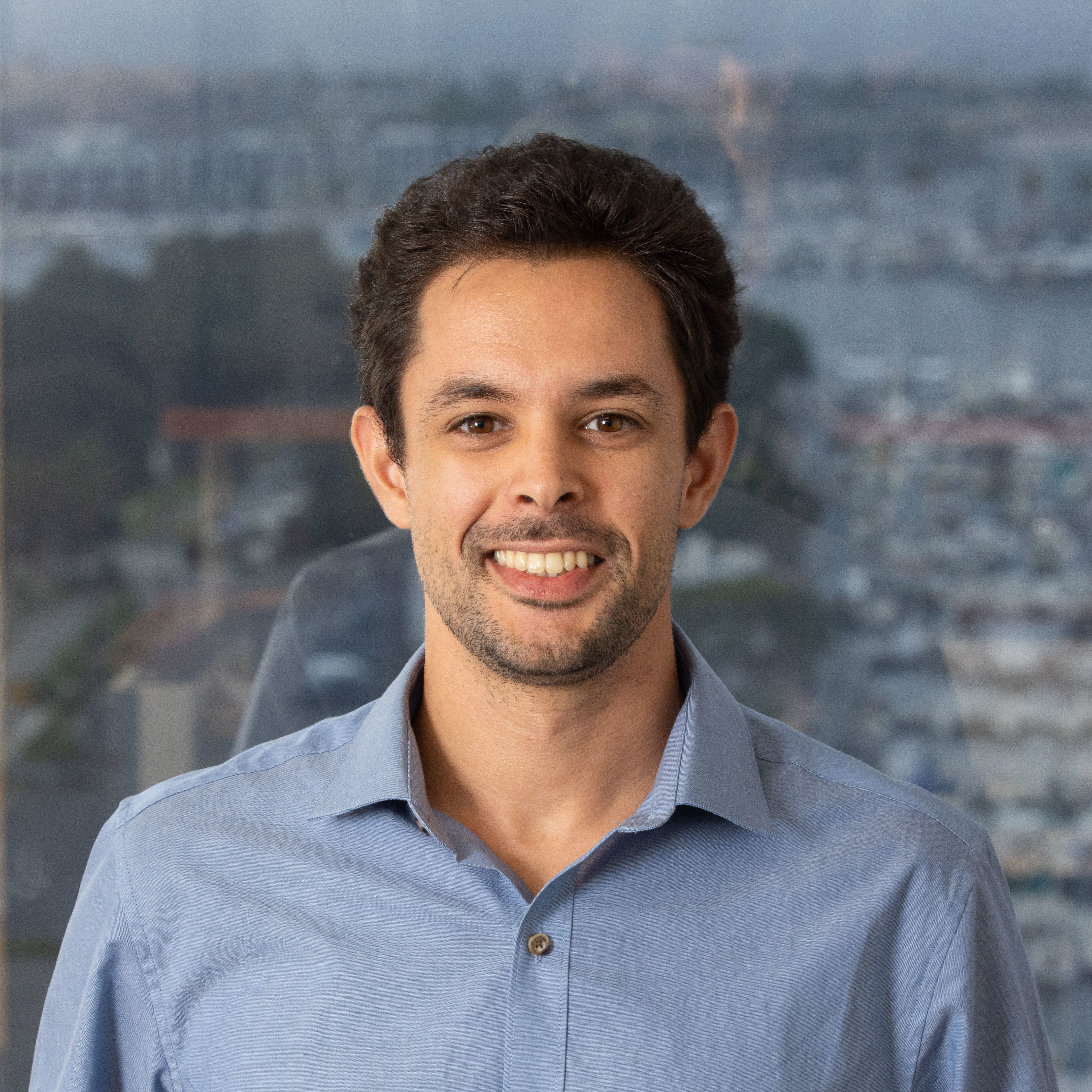
George Papadimitriou (Publicity Chair)
Apple, USA
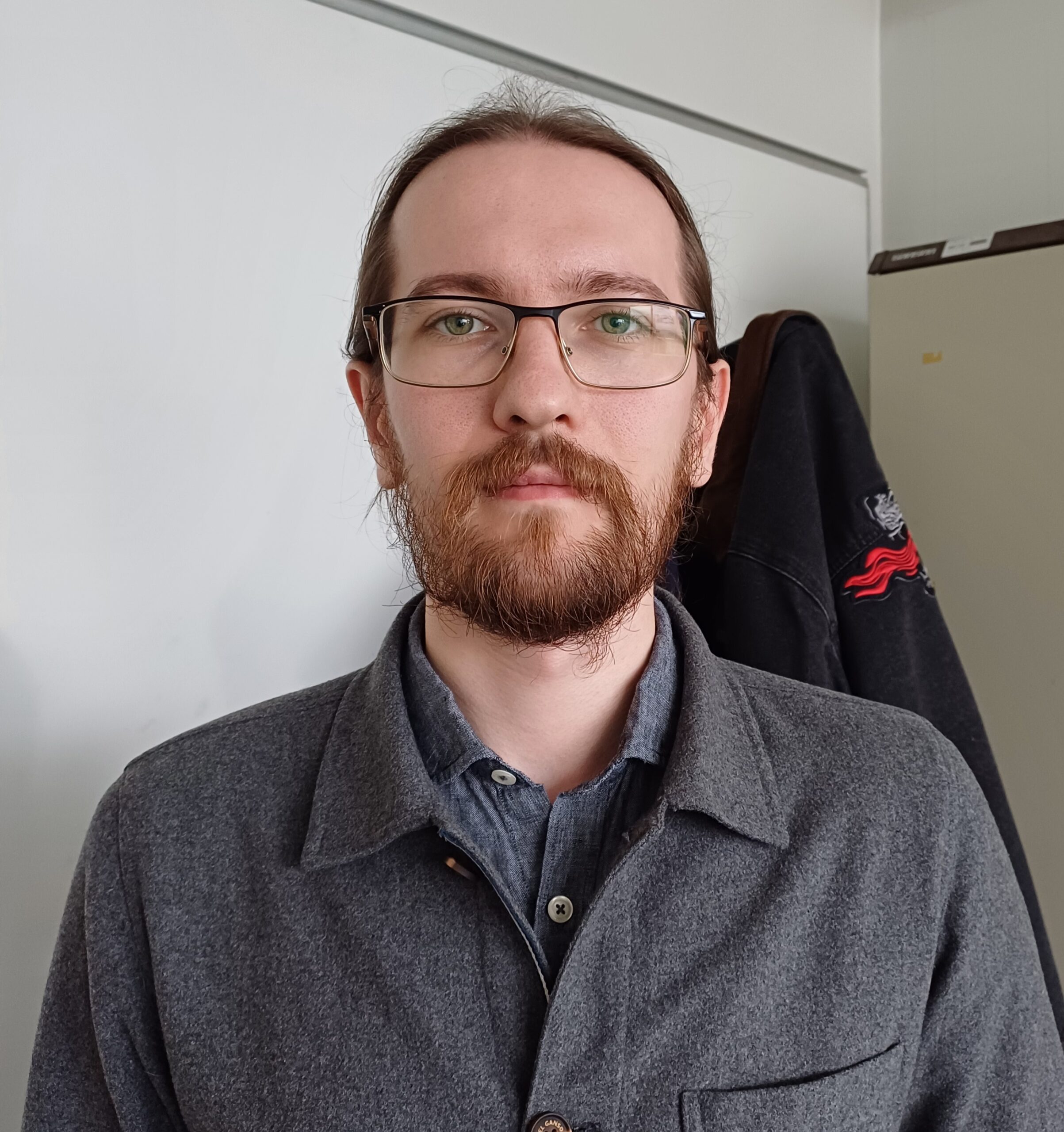
Arthur Jaquard (Web Chair)
Inria, France
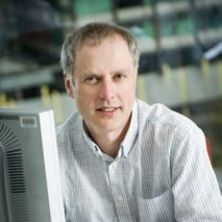
David Abramson
University of Queensland, Australia
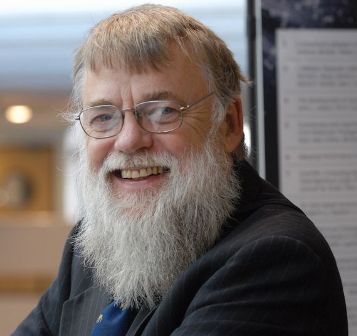
Malcolm Atkinson
University of Edinburgh, UK

Ewa Deelman
University of Southern California, USA
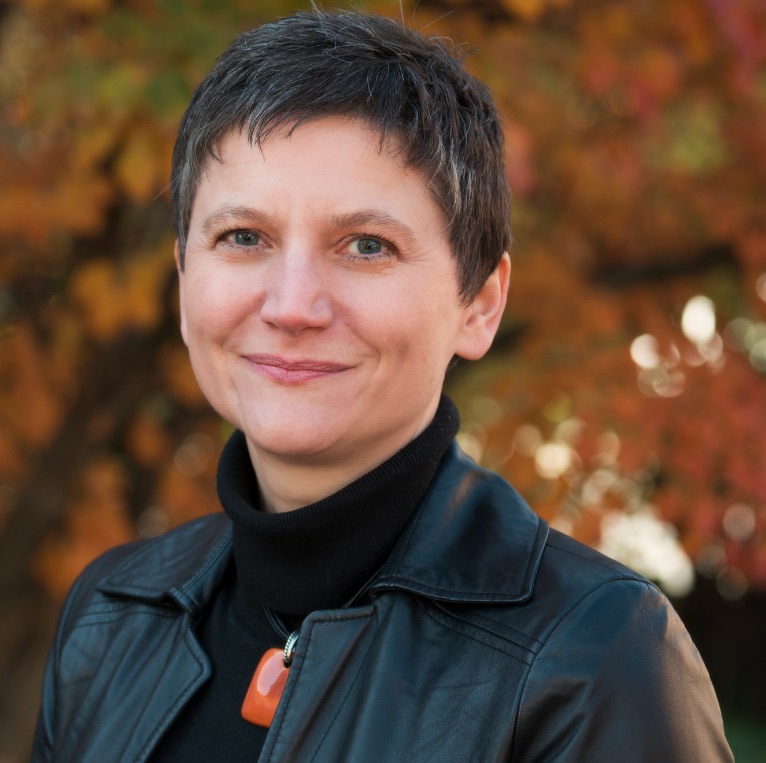
Michela Taufer
University of Tennessee, USA
Rosa M. Badia
Barcelona Supercomputing Center
Changxin Bai
Kettering University
Silvina Caino-Lores
Inria
Jesus Carretero
University Carlos III of Madrid
Henri Casanova
University of Hawaii at Manoa
Alberto Cascajo
University Carlos III of Madrid
Iacoppo Colonnelli
University of Torino
Alexandru Costan
INSA Rennes
Daniel de Oliveira
Fluminese Federal University
Ewa Deelman
USC/ISI
Rafael Ferreira da Silva
Oak Ridge National Laboratory
Sandro Fiore
University of Trento
Sandra Gesing
San Diego Supercomputing Center
William Godoy
Oak Ridge National Laboratory
Amal Gueroudji
Argonne National Laboratory
Daniel S. Katz
National Center for Supercomputing Applications
Jakob Luettgau
Inria
Ketan C. Maheshwari
Oak Ridge National Laboratory
Maciej Malawski
AGH University of Krakow
Anirban Mandal
RENCI
Marta Mattoso
UFRJ
Raffaele Montella
University of Naples Parthenope
Paula Olaya
IBM
Loïc Pottier
Lawrence Livermore National Laboratory
Radu Prodan
University of Innsbruck
Bruno Raffin
Inria
Sashko Ristov
University of Innsbruck
Raul Sirvent
Barcelona Supercomputing Center
Renan Souza
Oak Ridge National Laboratory
Frédéric Suter
Oak Ridge National Laboratory
Domenico Talia
University of Calabria
Douglas Thain
University of Notre Dame
Cong Wang
RENCI
Sean R. Wilkinson
Oak Ridge National Laboratory
Orcun Yildiz
Argonne National Laboratory
Contact
For information please direct your inquiries to the workshop chairs:
- Silvina Caino-Lores, silvina.caino-lores@inria.fr
- Anirban Mandal, anirban@renci.org